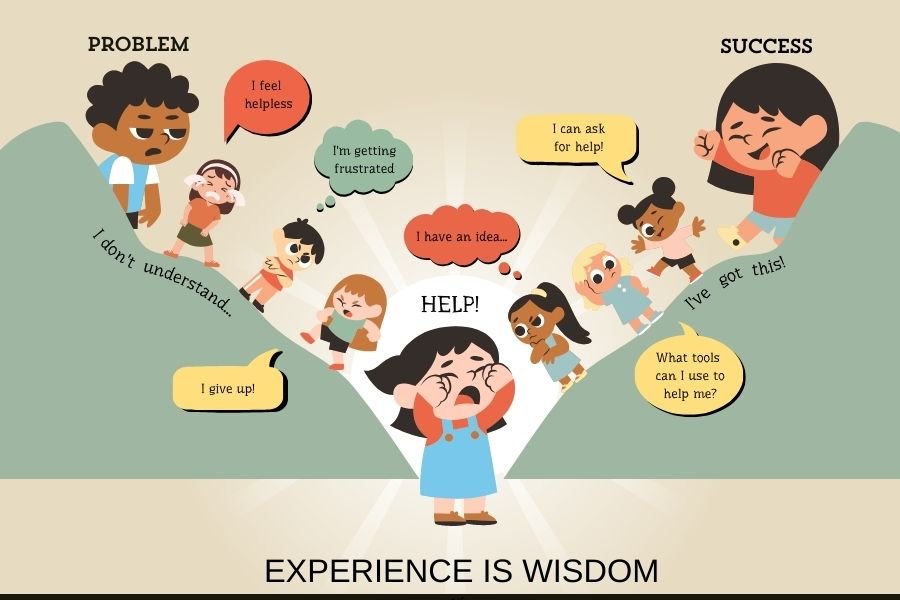Children in Japan are competitive and well versed with the curriculum, at the same time their emotional well-being is also nurtured. A few simple lessons to explain the path…
Author: Sharanya Nair
India has a forthcoming education policy and education structure, but what is being done to nurture the wellbeing of our children while ensuring that they are academically adept? The pandemic has affected education at all levels and created a completely different world of online education. Furthermore, home-schooling has also become a popular choice. Did you know that, according to the latest research, children from Japan lead the world in numeracy and literacy skills? What are the lessons that we can learn from Japanese education wherein the focus is not just on academic development but also nurturing higher-order life skills and well-being? Education in Japan is based on the ideas of equality and justice stemming from firm beliefs about humanity and humility.
Teaching is about quality, not quantity
In Japan, most classes begin with a customary ritual where the teacher asks if the students have understood how to address the problems from the previous class and once they have, the teacher moves on to the new lesson. Usually, the teacher corrects the notebook of the first student who is ready, and this student, in turn, corrects the notebook of the next child, and so on, thereby creating a chain of instructors who learn to correct mistakes humbly without judging the individual.
Alternative to examination
Japanese schools do not propagate exams for young students as the focus is on learning manners and etiquette. The intent is to nurture an individual who is conscious about his or her responsibility as a student and other social roles. The curriculum is designed to develop character strengths and cultivate social responsibility.
There are no janitors
Students are responsible for the cleanliness of the school premises. The belief is that this teaches students to help each other and work in teams. This is also intended to ensure the dignity of labor by teaching children that all tasks must be conducted without judgment.
They all eat together
In Japan, teachers and students eat together. This has a positive impact on the child’s health and well-being, as teachers and students bond over casual conversations. This builds a comfortable, family-like atmosphere.
Extracurricular activities
Co-curricular activities are encouraged and conducted to enhance socio-emotional development. An attempt is made to inculcate the traditional art forms and familiarize children with the roots of the culture.
These lessons can be long-term action goals for the existing curriculum in India, however, it is pivotal to first acknowledge the need for the change and to accept that the well-being and healthy development of children is imperative to ensure a better, brighter future.
Enjoyed reading? Share your thoughts below.















